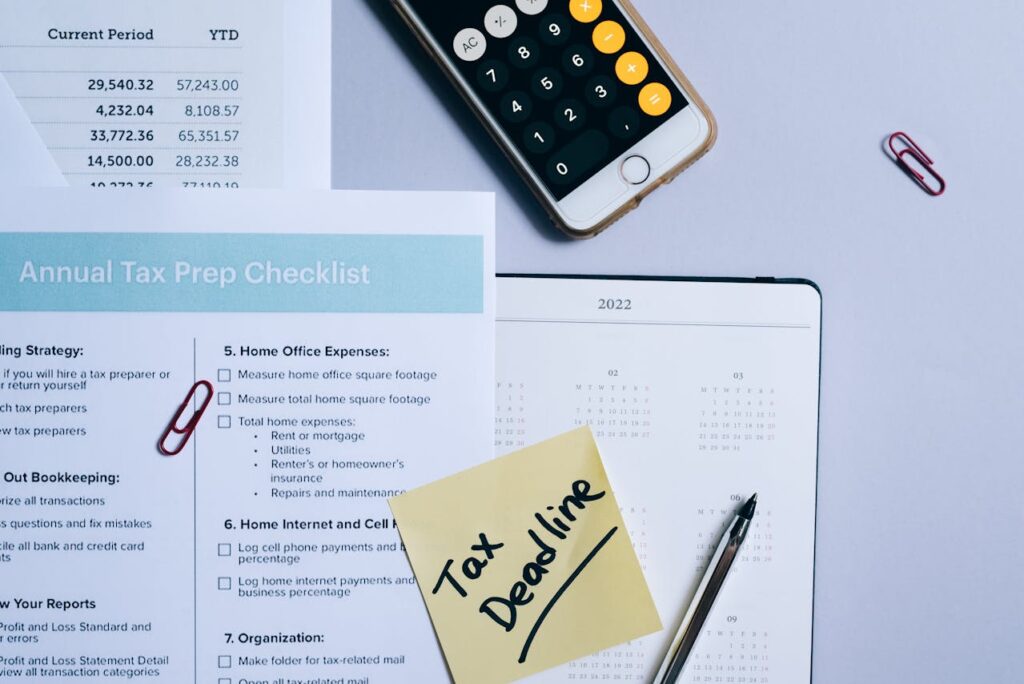Physical Address
304 North Cardinal St.
Dorchester Center, MA 02124
Physical Address
304 North Cardinal St.
Dorchester Center, MA 02124

Balancing your budget might not sound as glamorous as competing in the Olympics, but hear me out—there are a lot of similarities between a gold medal athlete and a personal finance pro. Both require discipline, planning, and a strategic approach.
If you want to tackle your finances like an Olympic champion, then this article is for you! Let’s dive into nine tried-and-true strategies to help you balance your budget and score a financial win.

Just like every Olympian has a clear goal to win that gold medal, you too need to set clear financial goals. If you don’t know what you’re aiming for, it’s hard to track your progress and adjust your efforts.
Whether you’re saving for a house, paying off debt, or planning for retirement, knowing your “finish line” will help you stay motivated.
When you define your financial goals, you create a roadmap that guides your decisions and spending habits. Clear goals help you prioritize your expenses and avoid unnecessary distractions, much like a sprinter focusing solely on the finish line.

Imagine trying to run a race without knowing where the starting line is—you’d be totally lost, right? The same applies to your budget.
To balance your budget successfully, you need to know where you stand financially before you can move forward.
Tracking your income and expenses provides valuable insights into where your money is coming from and where it’s going. This is key to understanding if your current financial habits align with your goals or if adjustments are needed.
Olympians don’t just wing it—they have a game plan for each event. Similarly, you need a well-structured spending plan (aka a budget) to guide your financial decisions and ensure you stay on track.
A spending plan ensures that you prioritize the important stuff and stay within your financial limits. It gives you permission to spend money on the things that matter while cutting back on non-essentials.
Even the best athletes have to leave behind distractions and unnecessary baggage. For your budget, those distractions are non-essential expenses—think subscriptions you don’t use, impulse purchases, or meals out when cooking at home is cheaper.
Cutting back on non-essentials creates more room in your budget for savings or paying down debt. Every dollar you save on unnecessary spending can be redirected toward your financial goals, making a huge impact over time.
Olympians spend years preparing for every possible scenario, and you should do the same for your finances. An emergency fund acts as your safety net when life throws you a curveball—whether it’s a medical emergency, car repair, or unexpected job loss.
Having an emergency fund ensures that unexpected expenses don’t derail your progress or force you to take on high-interest debt. It provides financial security, allowing you to stay focused on your long-term goals.
One of the hallmarks of Olympic athletes is their focus and consistency. To mimic that consistency in your finances, automate your savings.
By setting up automatic transfers to your savings or investment accounts, you’re ensuring that saving becomes as habitual as brushing your teeth.
Automation eliminates the temptation to spend money that should be saved and makes it easier to stick to your goals. Plus, when savings happen automatically, you don’t have to think about it.
Olympians don’t just practice once and call it a day—they review their performance, make adjustments, and keep improving. The same should apply to your budget. A budget is a living document that should evolve as your income and goals change.
Regularly reviewing your budget helps you stay on top of your finances, spot any potential issues early, and make adjustments when needed. Plus, it keeps you motivated by showing how much progress you’ve made.
Just like every Olympian has a deep reason for competing—whether it’s a passion for their sport or a desire to inspire others—your financial journey should have a “why” that keeps you motivated.
Whether you’re working towards financial independence, eliminating debt, or saving for a big purchase, remind yourself regularly of why you’re putting in the effort.
When you have a clear and emotional reason for your goals, you’ll be more motivated to stick with them, even when things get tough. Your “why” is what will push you through the challenges and help you stay disciplined.
Olympians don’t get to the top without guidance and expert coaching, and the same goes for your finances.
Whether it’s a financial advisor, a mentor, or a personal finance blog, seeking expert advice can provide you with the knowledge and support needed to make smarter financial decisions.
Expert advice can help you make more informed decisions, avoid costly mistakes, and identify opportunities for growth. A professional can offer a fresh perspective and provide strategies tailored to your unique situation.
Balancing your budget like an Olympic champion takes dedication, strategy, and a commitment to your goals. By setting clear objectives, tracking your income, automating savings, and seeking expert advice, you’ll be well on your way to mastering your finances.
Just like Olympians, you don’t have to get everything perfect from the start—what matters most is staying focused, learning from your challenges, and constantly improving.
Now, it’s time to take your financial game to the next level and achieve the gold medal of financial freedom! Ready, set, go!
Here’s the budgeting blueprint for financial growth.